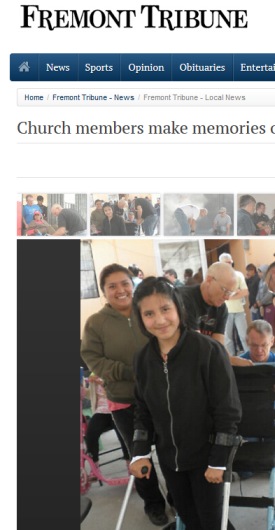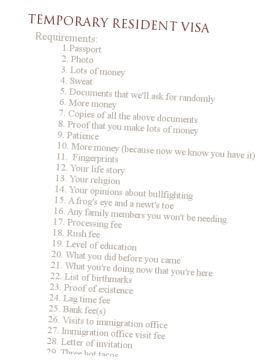Meetings
I’ll humbly admit – I’m not a meetings guy. I need a special gift of grace from God to make it past the one hour point.
Meetings, as you know, are a blessing and a curse. They’re a curse because we’re constantly in danger of being irrelevant in our meetings and simply having too many of them.
On the other hand, a meeting can be another word for spending time with people and communicating. And who could argue with that?
It seems like life has been filled with meetings lately, but that’s not all bad.
For example, there was that meeting where we sat around with Mexican and expat believers in Ixtapaluca, talking about how we could help more people in the community, and where we might be able to plant another church. Or two.
 David Gómez shares |
On Friday, we met with our team of missionaries from Mexico City and Puebla. We got to know our new arrival a bit (Jessica), and prayed for each other and people we know, asking God to work in His power in central Mexico.
On Sunday, we have a worship service. This Sunday we had some bonus times – we heard about the service at an orphanage in Puebla that some of our church were involved in. And we also heard from David Gómez, our missionary to Uruguay.
On Tuesday I was a pinch hitter at a meeting of leadership from our mission, from Mexico and the USA. (A “pinch hitter” because our team leader Chuck normally would have been there, but he was out of the country) We talked about how we could better communicate and share resources between teams and countries and organizations and churches, and how we could better care for missionaries to Mexico – and missionaries from Mexico.
Ideas, discussions – now hopefully we can put some feet on those ideas, feed them spinach, and get them bursting into the real world of “doing”!
But our success is only measured by what is done for the love of Christ in the power of His Spirit. May God continue to guide us as we learn how to share that love with the people of Mexico – and beyond.

A discussion about Camino ministry in Mexico




